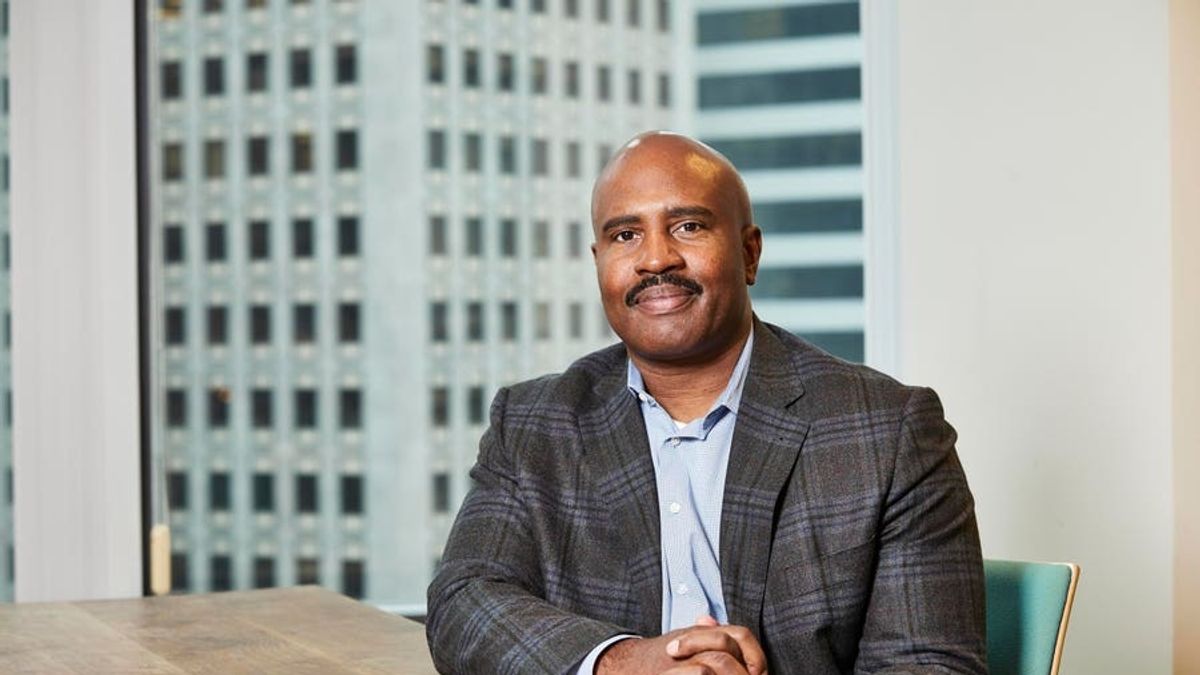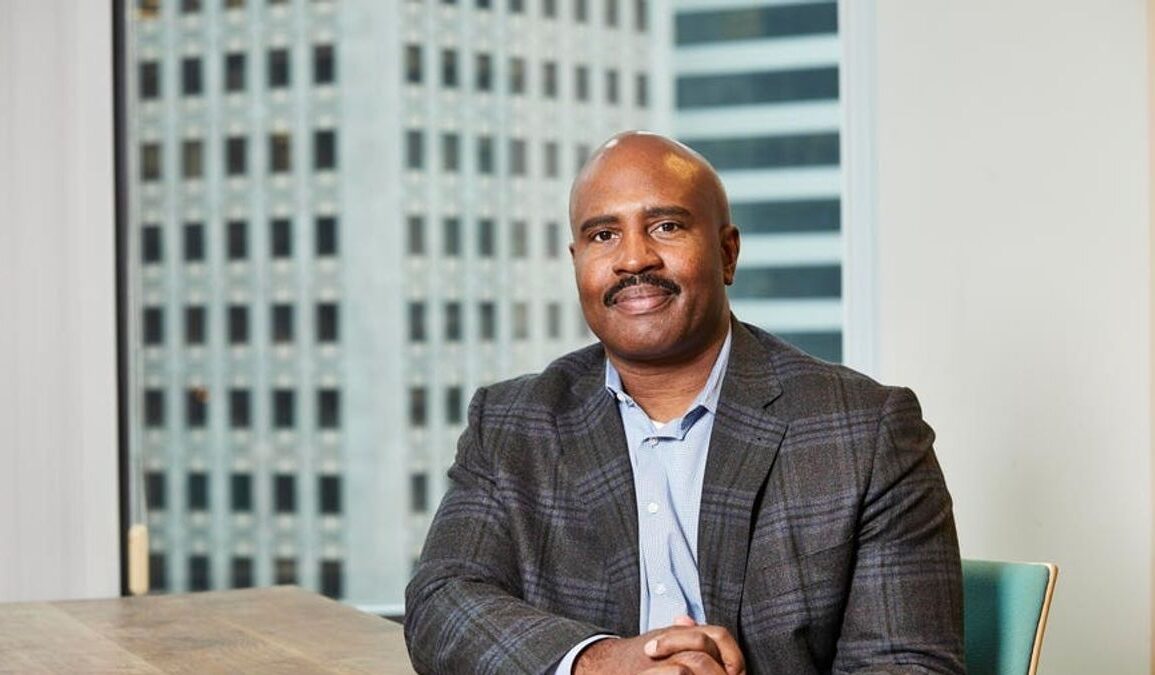
In an era where systemic reform within the U.S. penal system is desperately needed, one individual, Keith Wattley, and his organization, UnCommon Law, are making strides towards monumental change. Focusing on the rehabilitation of individuals serving life sentences, UnCommon Law’s programs such as Home After Harm, are not just about preparing prisoners for parole but about healing from deep-seated trauma, aiming for a future where restorative practices replace incarceration.
Addressing the Root: Trauma and Incarceration
With a staggering number of over 200,000 people serving life sentences in the U.S., and a significant percentage of these incarcerations occurring before the age of 25, the link between early trauma and later criminal activity becomes unmistakably clear. Wattley’s work through UnCommon Law sheds light on the subjective nature of parole decision-making, revealing an inherent bias against Black and brown parole candidates. In California, where approximately 30,000-35,000 individuals are serving life sentences, the parole grant rate remains dismally low, highlighting the need for a paradigm shift in how parole decisions are made.
UnCommon Law’s Approach to Healing and Rehabilitation
UnCommon Law’s unique approach to rehabilitation centers around understanding and healing from trauma, advocating for a trauma-informed care system within prisons. Programs like Home After Harm not only prepare individuals for parole but also support them post-release, helping them reintegrate into society and significantly reducing the chances of recidivism. This approach has proven effective, with UnCommon Law boasting a 99% success rate in keeping released individuals out of prison. Their efforts underscore the potential for transformed lives and communities through restorative practices and a higher parole grant rate.
The Vision for the Future
Keith Wattley envisions a future with fewer prisons and more emphasis on healing and restorative justice. By addressing the root causes of criminal behavior and focusing on rehabilitation rather than punishment, there’s potential for not only reducing the prison population but also for fostering healthier, more cohesive communities. Wattley’s work with UnCommon Law serves as a beacon of hope for systemic reform, illustrating the profound impact of treating incarcerated individuals with dignity and providing them with the tools for genuine transformation.
As society grapples with the complexities of the penal system and seeks solutions for a more just and equitable future, the initiatives led by Keith Wattley and UnCommon Law offer valuable insights and a proven model for change. By focusing on healing trauma and preparing individuals for a successful reentry into society, there’s a pathway towards reducing recidivism and ultimately, reimagining the purpose and impact of the U.S. prison system.
This post was originally published on this site be sure to check out more of their content.









